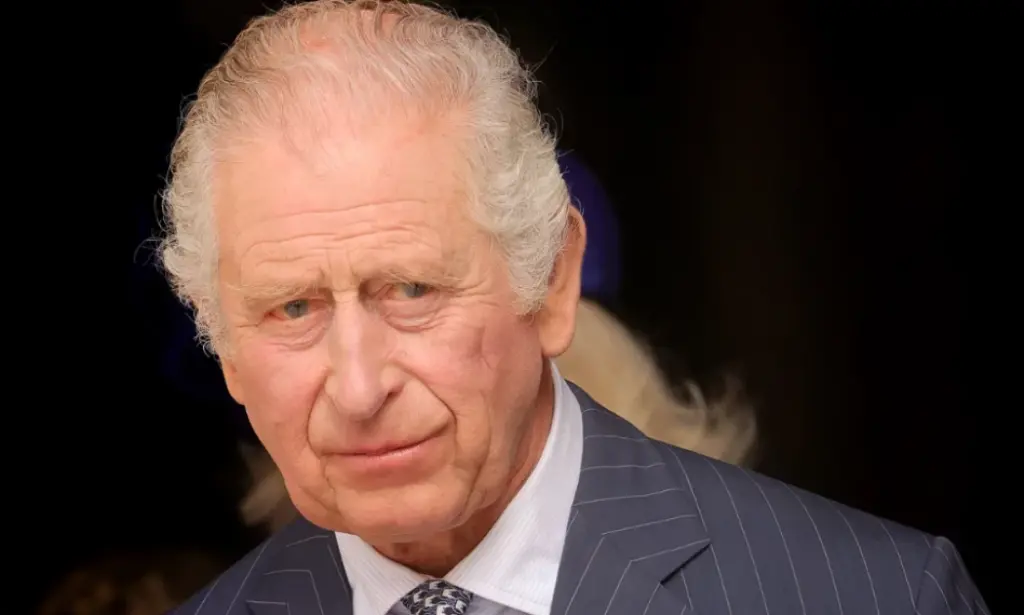KHRC Demands Reparations For Colonial Injustices Ahead Of King Charles III’s Visit
The Kenya Human Rights Commission (KHRC) has demanded unequivocal apologies from King Charles III, whose state visit to Kenya begins on Tuesday.
The KHRC urged the king to apologize for mass and systemic atrocities, historic land injustices, and corporate-related violations involving the British government and British corporations in a press conference on Sunday.
“We call for unequivocal apologies from King Charles when he visits Kenya,” the rights group said on Sunday.
“The period of emergency 1952, Kenyans were subjected to atrocities beyond measure,”
According to the KHRC, between 1895 and 1963, the colonial government expanded prime land and introduced a policing culture that suppressed Africans and oversaw human rights violations, particularly during the 1952 emergency.
“The adverse effects of colonialism are still felt today,” said the rights group.
“During the period of colonization, Africans were subjected to an unimaginable level of inhumane treatment, some killed, and others repressed for speaking out against the colonialists.”
The commission also accused British multinational corporations of ‘influencing political systems’ and thus ‘economically disenfranchising Kenyans.’
“This culture of corporate impunity is also evident in other spheres of Kenya,” the commission said.
ALSO READ:
- Kiambu Veterinarian Squanders Ksh580K in 1 Week After Swindling Granny
- Iran’s Raisi Says Israeli Actions ‘May Force Everyone’ To Act
The rights group also brought up the British Army Training Unit Kenya (BATUK) and Agnes Wanjiru’s murder, for which her family has yet to receive justice 11 years later.
Wanjiru was murdered by British soldiers and her body was dumped in a septic tank; her killers have never been charged.
King Charles III is facing calls to address the legacy of eight decades of British colonial rule, as well as complaints that foreigners still own large swaths of rich farmland and that the United Kingdom has failed to accept responsibility for the crimes of British soldiers stationed in Kenya.
The trip will be closely followed around the world because it is the king’s first state visit to an African country and his first to a Commonwealth member since ascending to the throne last year.
It comes at a time when the United Kingdom and the royal family are under pressure to reexamine colonial history and apologize for its role in the trans-Atlantic slave trade.
Behind the history and symbolism, Britain is eager to strengthen its modern relationship with Kenya, which includes counter-terrorism cooperation and efforts to increase annual trade of more than 1.1 billion pounds ($1.3 billion).
Charles will underscore his commitment to environmental protection with visits to a national park to see vital conservation work undertaken by the Kenyan Wildlife Service.
KHRC Demands Reparations For Colonial Injustices Ahead Of King Charles III’s Visit
